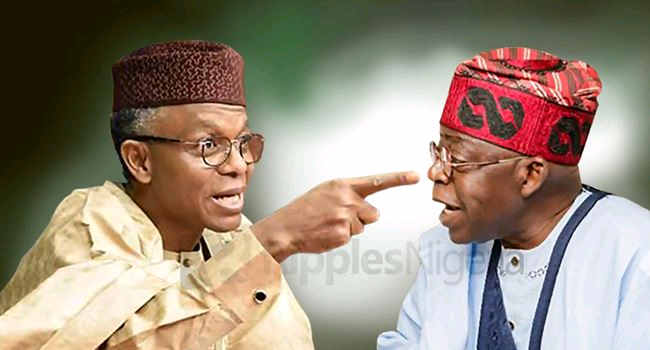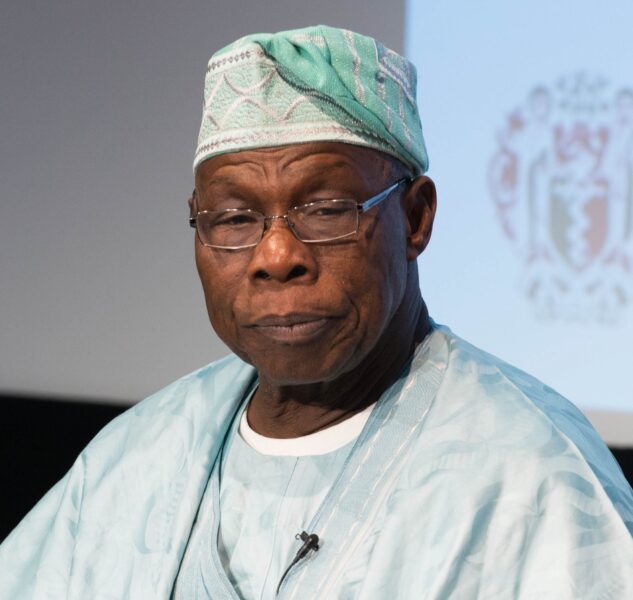Former Kaduna Governor El-Rufai Acknowledges Economic Prosperity During Obasanjo’s Second Term.
Stellenbosch, South Africa – In a surprising admission, former Kaduna State Governor Nasir El-Rufai acknowledged that Nigeria witnessed substantial economic growth during the second term of former President Olusegun Obasanjo. El-Rufai made these remarks during a session at the Africa In the World conference held in Stellenbosch, South Africa, on Friday.
Read Also Tinubu govt has no solution to economic hardship – Primate Ayodele warns Nigerians
El-Rufai, who himself served as a minister under Obasanjo’s administration, lauded the achievements of Obasanjo’s second term, which he described as the “most successful period of economic growth in Nigeria.” Obasanjo was Nigeria’s first democratically elected leader of the Fourth Republic, serving from 1999 to 2007.
The former governor attributed the economic success during Obasanjo’s second tenure to proper planning and also acknowledged that the administration was fortunate due to a significant increase in crude oil prices.
Read Also Nigerian Newspapers Summary: 10 facts you need to know today, September 17, 2023
El-Rufai emphasized the importance of effective planning in achieving economic prosperity. He pointed out that Nigeria has a planning commission but noted that its effectiveness has been limited. He stressed that the success during Obasanjo’s second term was largely due to the country’s return to proper integrated planning.
Read Also Peter Obi Didn’t Win 2023 Presidential Election – Lamidi Apapa
During his session at the conference, El-Rufai said, “We have a planning commission in Nigeria but it has not been as effective. If you look at Nigeria’s economic trajectory, the most successful four to five-year period of economic growth, job creation, and reduced inflation was the period of the second term of President Obasanjo in 2003 to 2007, when for the first time, the country went back into proper integrated planning.
This acknowledgment by El-Rufai sheds light on the role of effective planning and favorable external factors, such as oil prices, in driving economic growth in Nigeria. It highlights the success of Obasanjo’s economic policies during his second term as a significant period in the nation’s economic history.









